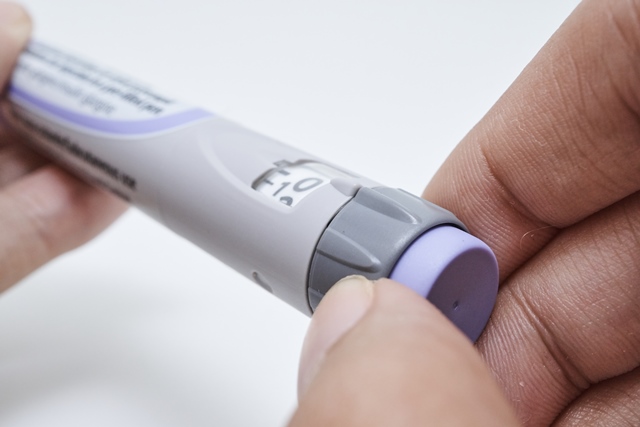The U.S. Food and Drug Administration (FDA) has granted Fast Track designation for Diamyd Medical’s Diamyd®(rhGAD65/alum), which is being investigated to improve glycemic control in recently diagnosed stage 3 Type 1 Diabetes patients with the genotype HLA DR3-DQ2.
The FDA grants Fast Track designation to facilitate the development and expedite the review of medicines to treat serious conditions and fill an unmet medical need. Fast Track designation is intended to bring promising medicines to patients sooner.
“We are very pleased with the FDA’s decision to grant Fast Track designation for Diamyd and the potential this provides to accelerate Diamyd’s path to entering the US market,” says Ulf Hannelius, CEO of Diamyd Medical. “Type 1 diabetes is a progressive, chronic and irreversible autoimmune disease that affects millions of patients worldwide.
“Diamyd, currently evaluated in the first ever precision medicine Phase 3 trial in Type 1 diabetes, DIAGNODE-3, represents a significant shift towards personalized medicine in the treatment of Type 1 diabetes. This offers new hope beyond the traditional insulin therapy, emphasizing our dedication to advancing care and improving outcomes for patients.”
The treatment paradigm for Type 1 Diabetes is shifting towards precision medicine, due to inadequacy of current treatment options that are characterized by a failure to consistently achieve glycemic targets as well as the prevalence of short- and and long-term complications.
This highlights the urgent need for new therapeutic approaches like the antigen-specific therapy Diamyd® that has shown promising results in preserving pancreatic beta cell function and improving glycemic control in individuals with Type 1 Diabetes.
In clinical trials, Diamyd® has demonstrated the potential to specifically and safely modulate the immune system’s response against pancreatic beta cells, aiming to halt or slow the disease’s progression. Diamyd® is currently being evaluated in the first-ever precision medicine Phase III trial, DIAGNODE-3, in individuals recently diagnosed with Type 1 Diabetes carrying the HLA DR3-DQ2 genotype.


